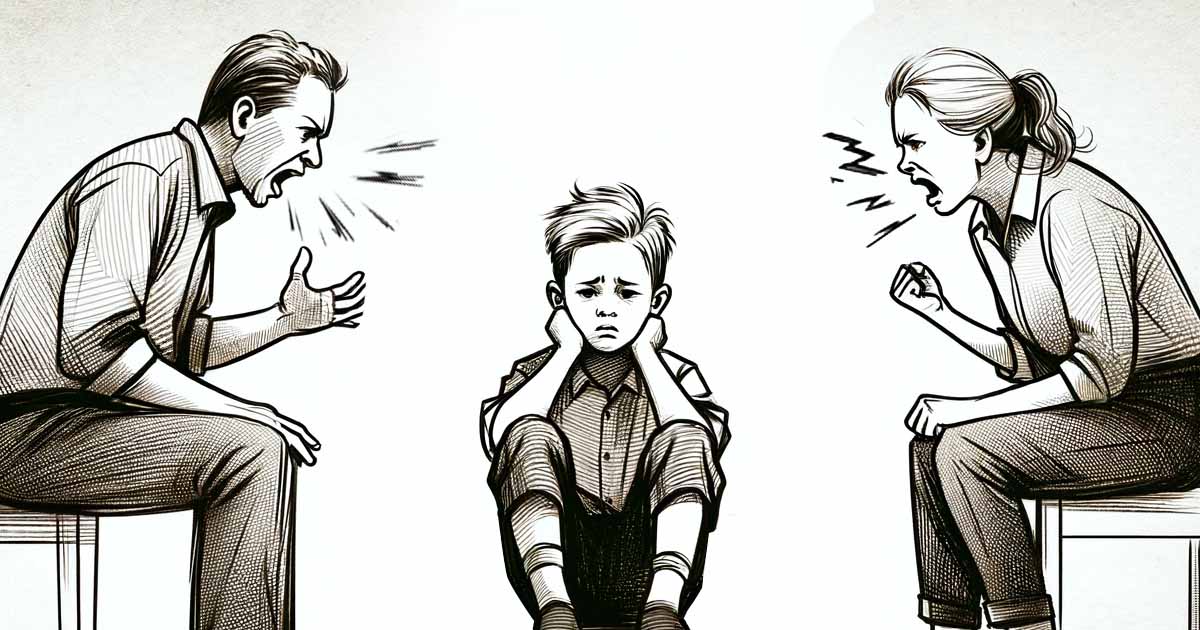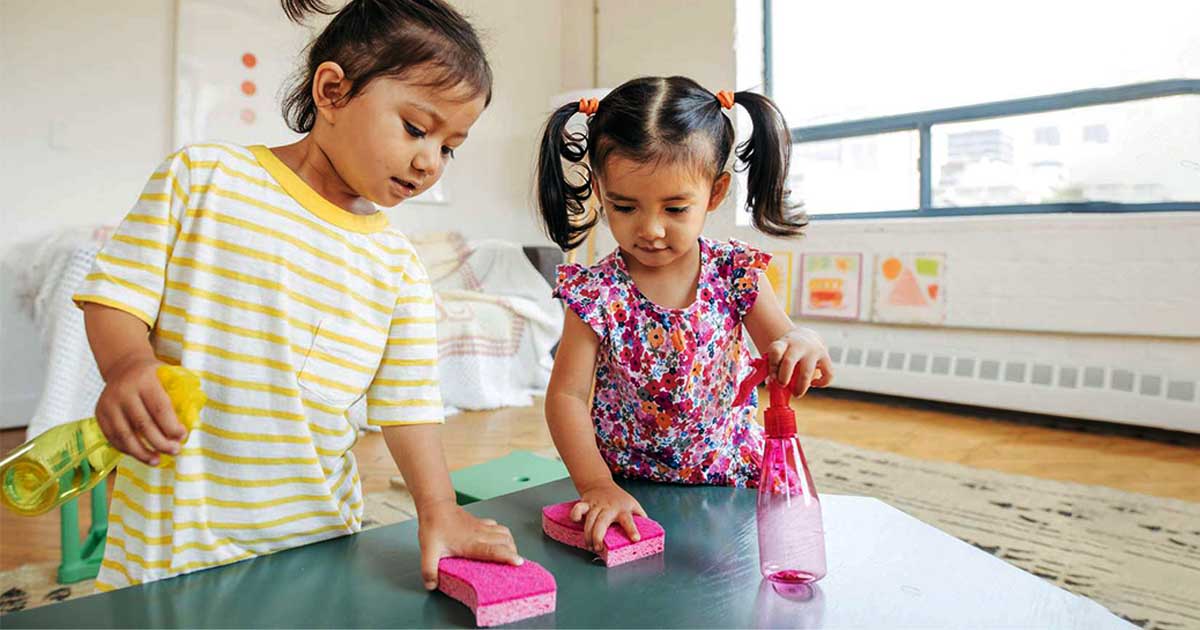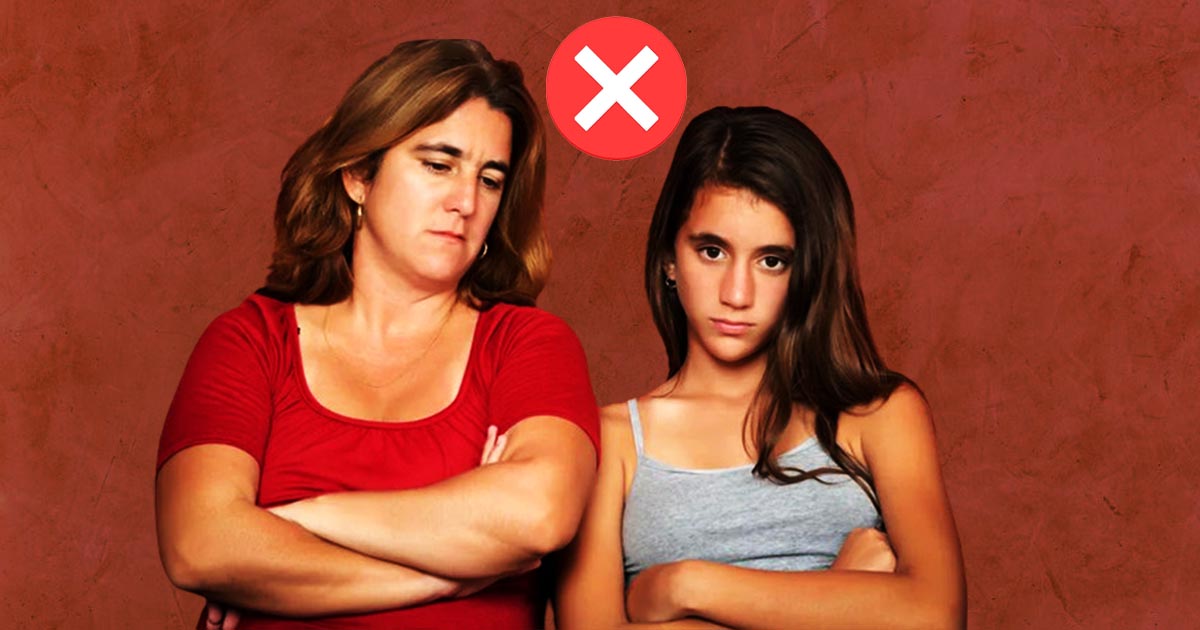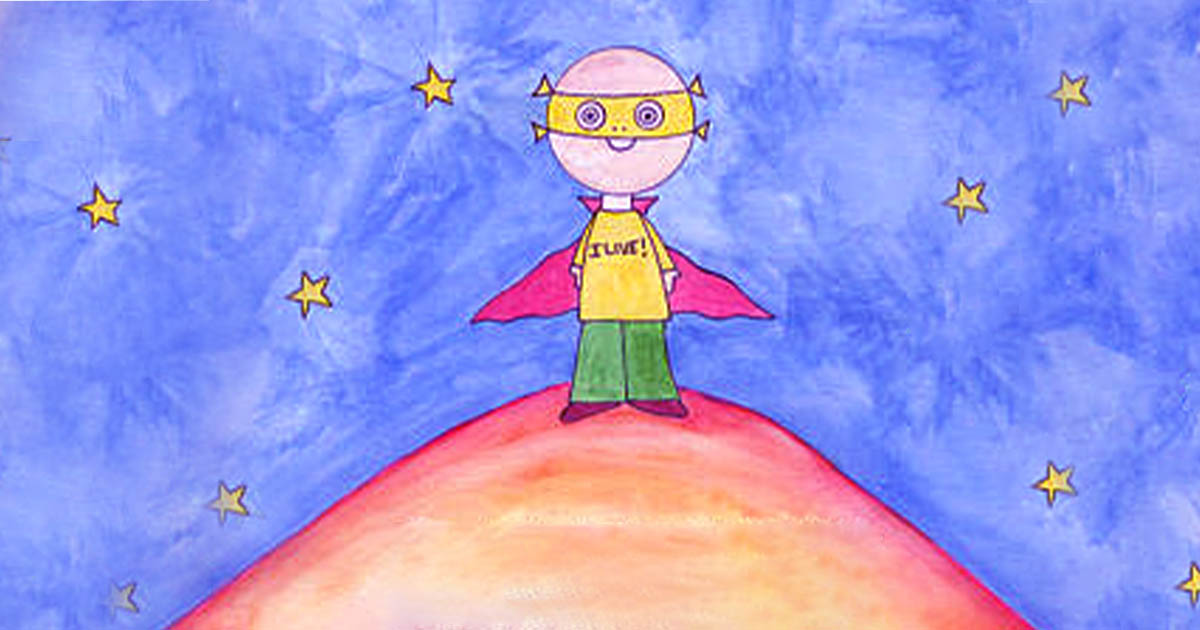Countless people around the world are troubled deeply by abuse within their families. Even more worrying is the harmful excuses to abuse by parents. Abuse can take place in many ways from, physical violence to emotional manipulation which leaves permanent scars on the victims.
In this article, we will go into detail about the disturbing phenomenon of parental abuse and expose some of the ten most common excuses made by perpetrators. It is about time we faced this issue squarely so that no excuse gives pleasure to someone for using parental abuse as a weapon for inflicting pain on others.
10 Harmful Excuses Used By Parents To Abuse
It is very important to address the problem of abuse because it may take many forms: emotional, physical, psychological, and so on. However, we must also be careful not to perpetuate these excuses to abuse that are harmful or imply any excuse for justifying abuse.

Parents who maltreat their children often use manipulative measures or reasons to hide such deeds. Some common excuses used by parents to abuse or tactics include:
1. Blaming the child
The abusive parent may claim that the victim brought about his/her action by behaving badly thus shifting blame from themselves onto the child while also evading responsibility for what they have done wrong.
They justify this act by finding fault with kids’ conduct which further blinds them from seeing through their manipulations leading to more harm being caused.
2. Denying or playing down the extent of abuse
Abusers tend to make light of how serious their actions were or even deny that it ever occurred at all thereby gaslighting victims into doubting themselves and what took place.
The abuser might use excuses to abuse to keep control over things by not admitting fully well what he/she did wrong here but only saying sorry when necessary without showing any remorse towards changing his/her behavior which can hurt others in the future too.
3. Cultural relativism and social norms
Some societies normalize certain forms of abuse within families hence making parents feel justified in mistreating their kids based on such cultural belief systems.
Kids are trapped as a result since they may not know where else to go due to these being accepted as norms within society thereby limiting options available for seeking help outside such an environment.
Using your culture as excuses used by parents to abuse is wrong. Times have changed.
4. Stress or personal problems:
Abusive parents attribute their behavior to stressors that are external or personal issues, stating that they acted because they had no choice due to overwhelming situations rather than intending to inflict harm on the child.
They try to avoid responsibility for what they did by blaming something else outside themselves as being responsible for their violent conduct.
5. Disciplinary measures:
Some parents argue that they were trying to correct their children’s behavior by claiming it was necessary to discipline.

However, this is not true because real teaching and guiding of kids should be done with love but respect whereas fear is used together with control through harmful methods during abuse.
6. Justifying Excuses To Abuse with their upbringing:
An individual might say he became an abuser after looking at how he was brought up himself since such people may even give background information about where exactly were they raised and whether things were worse off there than now.
all these acts aim at making what one does appear right while shifting blame elsewhere besides oneself thereby justifying his wrongdoing against his offspring.
7. Mental health issues:
Depressive disorders like depression or anxiety among others could be used as explanations by mentally ill parents who hurt their children claiming it justified them doing so based on their mental condition.
Although some forms of mental illness can result in maltreatment, it does not mean any should hurt another person since even if someone has those problems still needs professional assistance plus managing oneself better way without hurting others around them.
8. Substance dependence:
There are a few abusive parents who attribute their behavior to substance misuse including alcohol and drugs arguing that their addiction had a role to play in what they did.
Although excuses to abuse can make abusive tendencies worse, substance abuse should not be used as an excuse for hurting others; individuals need to acknowledge the fact that they have acted wrongly and then take necessary measures to deal with both addictions.
9. Social isolation:
To retain control over the family unit, an abuser may isolate his or her household from external supports like friends or extended relations thus blocking any possible intervention. By doing this they create more chances for manipulating and gaslighting their victims making it hard for them to get help or leave the abusive relationship.
10. Financial hardships:
One of the things that might be cited by an abusive parent about why they acted up is financial difficulties or insecurity using money problems as reasons behind actions committed by them.
However, even though these emotions can certainly affect family dynamics adversely; there is no reason ever acceptable for becoming violent towards loved ones so people should find healthier coping mechanisms when faced with life challenges instead of causing harm.
It is essential to remember that none of these excuses to abuse justify or excuse abuse. Abuse is always wrong, no matter what reasons may be given for its occurrence.
If you are being abused or know someone who might be, reach out immediately – talk with someone trustworthy such as friends/family members/teachers/clergy/police officers/social workers/community leaders, etc., call helplines, approach support groups, contact appropriate authorities – do whatever it takes until safety and support are secured!
Get Rid Of Excuses Of Abusive Parents
Dealing with the justifications given by parents who abuse children demands an intricate plan that gives priority to victims’ safety and health as well as ensures abusers are answerable for what they have done.

The following are five strategies recommended for how to get rid of excuses of abusive parents, for parents:
1. Self-awareness plus responsibility:
It is important to persuade these individuals into honest introspection where they can identify their mistakes and then admit them too. Such a move involves recognizing how much damage one’s deeds may cause upon his or her kids coupled with seeking active assistance aimed at dealing with root issues contributing towards such inclination.
When we hold parents accountable it enables them to heal so that even if other generations follow suit nobody else will suffer from this kind of violence again in future years because everything starts within ourselves before extending outside our families otherwise there won’t be peace anywhere else either now or forevermore.
2. Therapy treatments:
Another thing that should be advocated is therapy sessions. It is a very strategic approach to how to get rid of excuses of abusive parents.
conducted under professional guidance particularly those dealing directly with violent conduct to bring about positive change among offenders themselves.
Parents could gain insight into their behavior and work towards positive change. Therapeutic interventions can also teach parents alternative ways of interacting with their children, through which they may learn new approaches to dealing with difficult situations or fostering healthy communication skills among family members as well as friends
3. Parenting education:
Education on parenting should be made available widely so that every parent gets access to such knowledge which enlightens them more about non-violence in bringing up kids while at the same time teaching them respectfulness too.
This is important because many mothers do not know how best they can handle children without using force or shouting always thus making them hardheaded instead of obedient.
In addition, some lack skills when it comes to managing stress levels during various stages involving taking care of young ones hence leading to unnecessary conflicts between spouses besides affecting marital relationships negatively.
4. Networks of support:
Suggest that parents should find help from trustworthy friends, family members or support groups who can give them confidence, and advice and hold them accountable.
A major point in favor of these networks is that they offer emotional backing and recognition to parents at a time when they need it most as they strive to overcome abusive behavior.
In addition, sharing with others who have gone through similar things can reduce isolation and shame thereby giving parents the power to ask for assistance and change their lives positively.
5. Intervene during times of crisis and plan for safety:
Ensure that parents can access services such as emergency response teams and safety planning materials whenever there are urgent situations. This could include helplines, safe houses, or local centers dealing with emergencies where parents can rush for immediate help both for themselves and their kids too.
When a parent has got a plan on how to keep everyone in his/her family secure during difficult moments such as this one it prevents more harm from happening while also stopping it from growing severe.
In conclusion, we will be able to stop parental abuse excuses by creating an atmosphere that supports families’ well-being devoid of violence through the implementation of these strategies
A Word From Mind Family
As a mind family, we are solid in our promise to eliminate mistreatment in all forms and ensure the security of every person, particularly helpless children who are mainly victims of parental cruelty.
We request everyone to refuse and contest harmful excuses to abuse used by abusive parents when trying to rationalize their behaviors. We must recognize abuse as something that cannot be accepted or forgiven under any circumstances at all.
By making these parents answerable for what they did and providing victims with necessary care as well as resources; we will be able to terminate this chain reaction of violence and start living in a society where there’s love for another fueled by understanding.
Let us come together, and speak up louder than before enlightening people about child rights which should be respected universally while growing up in secure environments.
When people join hands not letting go until it has done enough; no single kid will suffer silently neither shall any household lack knowledge on where assistance can always be found.
Frequently Asked Questions (FAQs)
1. Why are excuses to abuse harmful to kids?
Excuses to abuse normalize harmful behavior and shift blame from the abuser to the victim, perpetuating cycles of trauma and hindering the healing process. They also undermine accountability, making it harder for children to seek help and break free from abusive situations.
2. How to get rid of excuses of abusive parents?
Combatting excuses of abusive parents requires a multifaceted approach, including education, legal consequences, therapy, community support, and preventive measures. By addressing the root causes of abuse and holding perpetrators accountable, we can dismantle excuses and create safer environments for children.
3. What are some excuses used by parents to abuse kids?
Excuses include blaming the child’s behavior, minimizing or denying the abuse, citing cultural norms or personal problems, justifying their upbringing, blaming mental health issues or substance abuse, and using social isolation or financial stress as justification. These excuses must be challenged to protect children from harm.











